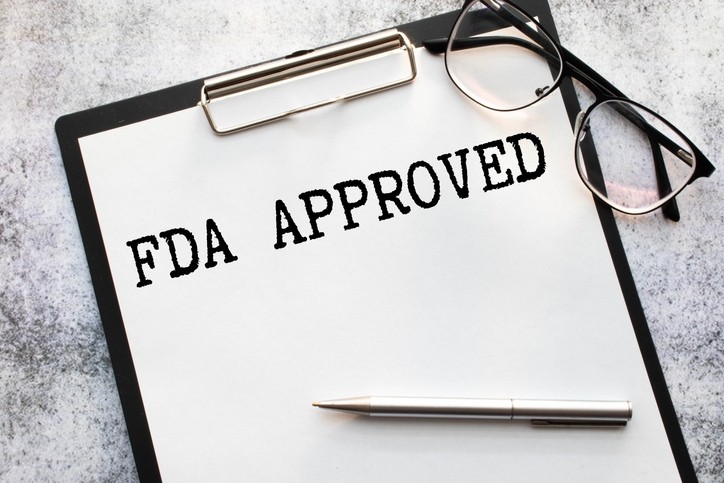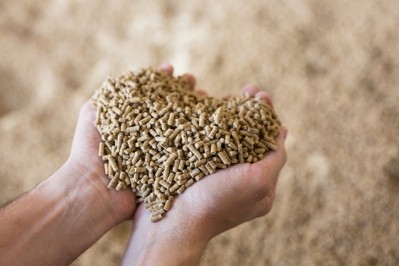US: New pathway proposed for approval of feed additives

The Innovative Feed Enhancement and Economic Development Act of 2023 (Innovative FEED Act) would amend the Federal Food, Drug and Cosmetic Act (FD&C Act) to establish a regulatory pathway for a new category of animal food substances that act solely within animals’ gut microbiomes or in the feed they are digesting to provide non-nutritive benefits.
US senators, Roger Marshall, Tammy Baldwin Jerry Moran and Michael Bennet, introduced the new bill earlier this month.
Commenting on the development was AFIA CEO, Constance Cullman:
“Our industry is bringing forward innovative animal food solutions to benefit animal health, human food safety and the environment, and now, thanks to the leadership of several Senate leaders, we have the legislative solution needed to provide a modernized regulatory pathway to meet marketplace demands. We fully support the Innovative FEED Act and hope Congress will quickly approve this bill, giving our farmers and ranchers the tools they need and putting our international counterparts on notice that we are fully equipped to compete in the future.”
US ag at ‘a competitive disadvantage’
The AFIA has been calling on the FDA to update its 1998 Policy and Procedures Manual Guide 1240.3605, which the organization claims is outdated and has prevented feed manufacturers from clearly identifying the ways their products may bring about non-nutritive benefits on labels unless they go through the FDA CVM's “cumbersome” drug approval process.
“Without congressional approval, the FDA contended it did not have the authority to regulate these products as food ingredients. The Innovative FEED Act would change this by creating a category for zootechnical animal food substances (ZAFS), regulating these products as food ingredients, not animal drugs, and bringing this FDA policy into the 21st century.
“Dozens of countries are already safely using these innovative feed ingredients on farms, yielding results in terms of improved animal production and well-being, diminished pre-harvest food safety concerns, and reduced environmental impact of livestock production. Without this legislative change, US agriculture is at a competitive disadvantage to its international counterparts,” said the trade group.
The US National Grain and Feed Association (NGFA) also endorsed the bill. David Fairfield, senior vice president at that US trade group, said such legislation would promote the availability of animal feed products with novel benefits, such as improving the environment and reducing human foodborne illness.
Senator Baldwin weighed in on the topic: “We know that there are innovative feed products that can help farmers reduce their environmental impact, but onerous bureaucratic processes are getting in the way of these products making it to our agriculture community in a timely way. Our bipartisan legislation will help our farmers access the innovative products they need to reach their climate goals, compete on the world stage with producers who already have these food additive tools, and support our rural economies.”
FDA recognizes need for policy revision
The FDA has recognized that some products do not fit clearly within the regulated-as-drugs or regulated-as-foods category. Last year, the agency held a virtual listening session with a public request for information on how to modernize its policies to make way for innovative feed additives.
Building on this effort is the Innovative FEED Act, said the senators. Their idea is to modernize the US approval process by establishing a new pathway for manufacturers to receive approval for feed additives that improve efficiency in meat and dairy production while also reducing byproducts. The legislation also establishes strict guardrails to ensure only qualifying products are eligible for this pathway while also ensuring products are safe to use.















